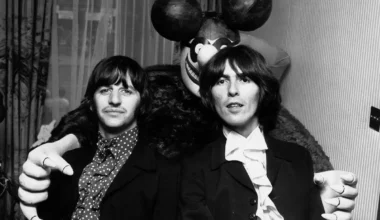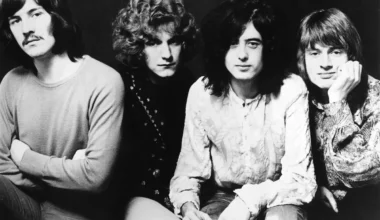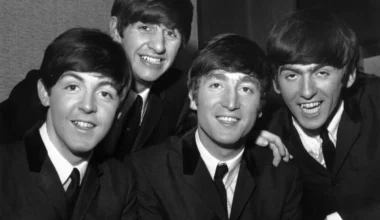Any rock band’s success can be both a godsend and a curse. Being in a rock band comes with a lot more baggage than most regular people would want to deal with. Even though it might be nice to see your name up in lights and have people singing your song. Kurt Cobain aimed to right the wrongs with a vengeance on In Utero, despite his reservations about the way Nirvana burst onto the music scene.
On the other hand, it’s simple to understand why Nevermind became so popular. The grunge movement began with the first ringing notes of “Smells Like Teen Spirit”. And hair metal, as we know it, vanished completely from the planet. Despite the flannel trend, Cobain was embarrassed about being mistaken for a pop star during his teenage years.
Even though Cobain had a talent for crafting catchy pop songs, he would later lament that the original record’s mix was much too polished for his tastes. Determined to achieve a dry sound, Cobain aimed for the next album. So he chose to have Steve Albini oversee production because he thought it was more akin to a hair metal record.
Cobain, captivated by Albini’s production, collaborated with various artists, including PJ Harvey and the Pixies, over the years. He frequently left a lot of the song’s unpolished edges in the finished mix. The tracks from In Utero, especially those featuring Dave Grohl’s monster drums, are like a punch to the gut when compared to the radio-friendly sounds of Nevermind.
Cobain favored minimalism in his band’s sound but faced issues with the final mix for the record. Mixer Scott Litt came in to clean up the arrangements, including raising the vocals on singles like “All Apologies” and “Heart-Shaped Box”. They chose to do this instead of releasing the tapes as recorded with Albini.
In response to a question concerning the vocal sound, Cobain told Guitar World, “My main complaint was that the vocals weren’t loud enough.” He believed that Albini’s production had unintentionally buried his vocals in the mix. I’ve never heard an Albini mix where the vocals aren’t loud enough. That’s just his preference, and you’ll have a hard time convincing him otherwise. It’s not like the songs work that way—he was attempting to mix each song in less than an hour. For some songs, it worked well, but not all of them. You ought to be able to experiment with a few different combinations and select the best.
Despite Cobain’s amplified voice, listeners experienced some of the most terrifying vocals on a mainstream rock album. Screams are audible on songs like “Lithium” and “Breed” from the previous album. On “Scentless Apprentice,” Cobain sounds like he’s trying to deliberately lose his voice during the recording process.
Even though Cobain passed away a few months after the album’s release, it would stand as a bittersweet testament to his final days, still becoming another huge hit. Every song on the album features Cobain’s raw pain, even though the record may appear polished in the final mix.








